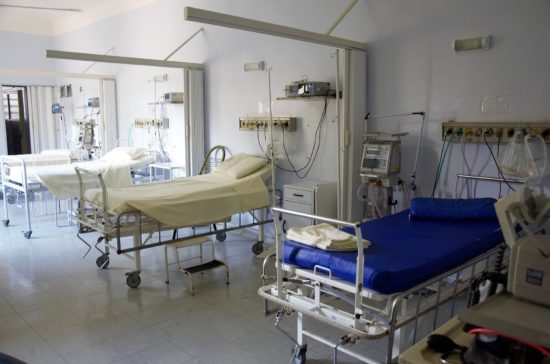Singapore designs tool to investigate hospital borne bacterial infections
Researchers from the Antimicrobial Resistance (AMR) Interdisciplinary Research Group (IRG) at Singapore-MIT Alliance for Research and Technology (SMART), MIT’s research enterprise in Singapore, and Nanyang Technological University (NTU) have developed a tool using CRISPRi technology that can help understand and prevent biofilm development, drug resistance, and other physiological behaviours of bacteria such as Enterococcus faecalis.
E. faecalis, a bacteria found in the human gut, is one of the most prevalent causes of hospital-associated infections and can lead to a variety of multidrug-resistant, life-threatening infections including bacteraemia (bloodstream infection), endocarditis (infection of the heart), catheter-associated urinary tract infection and wound infections.
AMR NEWS
Your Biweekly Source for Global AMR Insights!
Stay informed with the essential newsletter that brings together all the latest One Health news on antimicrobial resistance. Delivered straight to your inbox every two weeks, AMR NEWS provides a curated selection of international insights, key publications, and the latest updates in the fight against AMR.
Don’t miss out on staying ahead in the global AMR movement—subscribe now!







